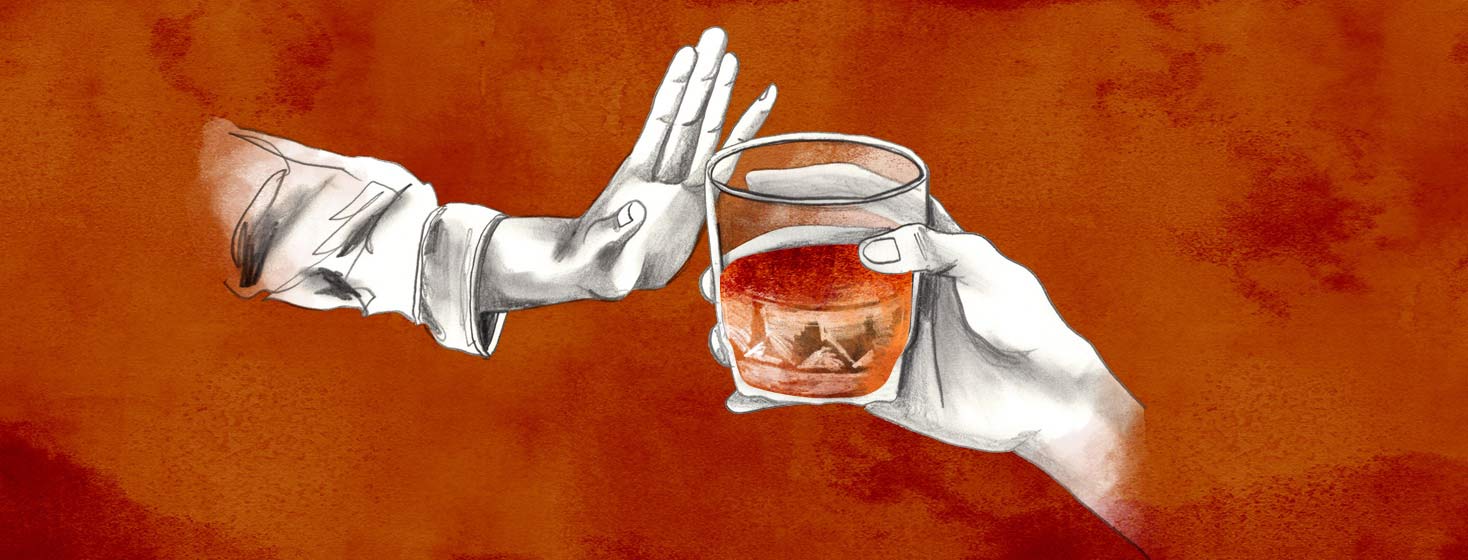Saying Goodbye to Alcohol — Forever?
Alcohol is an integral aspect of many people’s social lives. For some others, it helps with winding down after a long, hard week. Most of us are aware that in excess, alcohol can play a significant factor in the development of liver disease. However, just how bad is alcohol for the liver, and does a diagnosis of hep C mean that alcohol is off the table — forever?
Hep C and alcohol connection
People who abuse alcohol are more likely to have hep C than people who drink alcohol recreationally or not at all. It is estimated that anywhere between 14 and 36 percent of people who abuse alcohol also have hep C.1 However, the underlying connection between the two is not quite clear.
How does alcohol affect hep C?
There is data to confirm that alcohol affects the course of hep C. For example, alcohol increases the risk of a type of liver cancer called hepatocellular carcinoma, leads to cirrhosis (liver scarring), and increases the risk of death.2
Hepatocellular carcinoma
Heavy alcohol use for a prolonged period of time increases the risk of hepatocellular carcinoma. One study found that the risk of hepatocellular carcinoma in those with hep C was 126 times higher in those who drink more than 80 grams of alcohol a day.2
To put this into perspective, 12 fluid ounces, or 1 standard drink of beer, is 14 grams of alcohol. Therefore, drinking 5 or 6 beers a day is equivalent to 80 grams a day. If you are curious how many grams of alcohol you consume, the University of Victoria has an online calculator that may be helpful.
Cirrhosis
Cirrhosis is the severe scarring of the liver. Cirrhosis is generally not considered reversible. This is why it is important to prevent cirrhosis from occurring in the first place. One study found that the following factors increased the speed of progression of liver disease:3
- Consuming 50 grams of more or alcohol daily
- Infection of hep C at 40 years of age or later
- Male gender
While one cannot change their gender and age that they were infected, alcohol consumption is a modifiable risk factor.
Just diagnosed with hep C: Can I drink occasionally?
There are various factors that need to be considered when a physician provides you with a recommendation on alcohol intake. For example, if you are about to start treatment for hep C, it is generally recommended to avoid alcohol completely during treatment.
For people who are not considering starting treatment for hep C at this time, the general recommendation is to reduce alcohol intake. Even low-moderate amounts of alcohol (less than 140 grams a week) has been linked to worsening fibrosis.4-5
Overall, there hasn’t been a threshold that has been set as a "safe" amount of alcohol to consume. Most doctors will recommend completely avoiding alcohol upon a hep C diagnosis.
Alcohol after a hep C cure
For those who have achieved a hep C cure (congratulations!), whether you are able to add alcohol back into your life depends on many factors. For one, it depends on your liver health before and after treatment. Whether you are able to drink occasionally after a cure will ultimately depend on your doctor's recommendation.
Do you consume alcohol? Share your experiences below!

Join the conversation